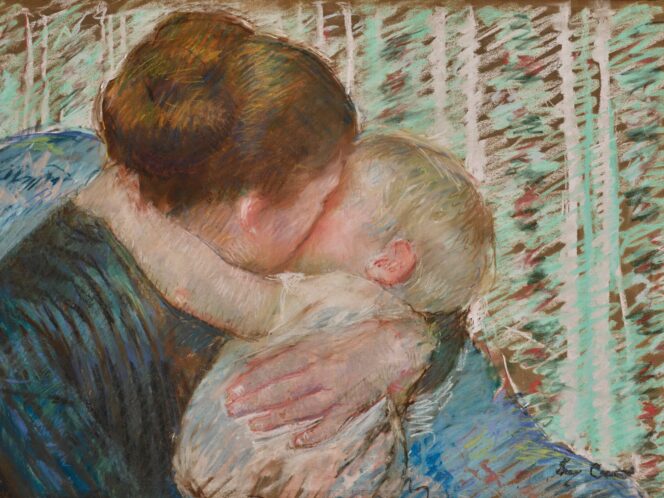
When premature babies are cuddled, they grow faster and healthier, gaining strength. But everyone needs a heartfelt embrace, regardless of how old they are.
“Anybody know of a cuddling studio in Kraków? It’s time I lowered my cortisol level,” I read recently on a forum for neurotics. Could it be that something associated with love and friendship might soon transform—like most things in the world today—into a material commodity? I hope not, although it’s extremely hard to dispute the significance of hugging. We know for sure that it stimulates the release of oxytocin, which plays a major role in forming and maintaining bonds. It also decreases cortisol levels (one point to that neurotic forum user!), which in turn lowers stress and anxiety, reduces blood pressure, encourages good sleep, and protects against infections.
Scientists have even discovered specific sensory receptors responsible for transmitting this particular kind of touch. “We divide sensations into two types: deep ones, responsible for proprioception, balance, and coordination; and superficial ones, such as touch, pain, and temperature sensors,” says Nina Kożuch, a neurologist from Warsaw Institute of Psychiatry and Neurology. “The latter are also subdivided into two types. The first is precise touch, which allows us to orientate ourselves in the world. It lets us ascertain the size and








